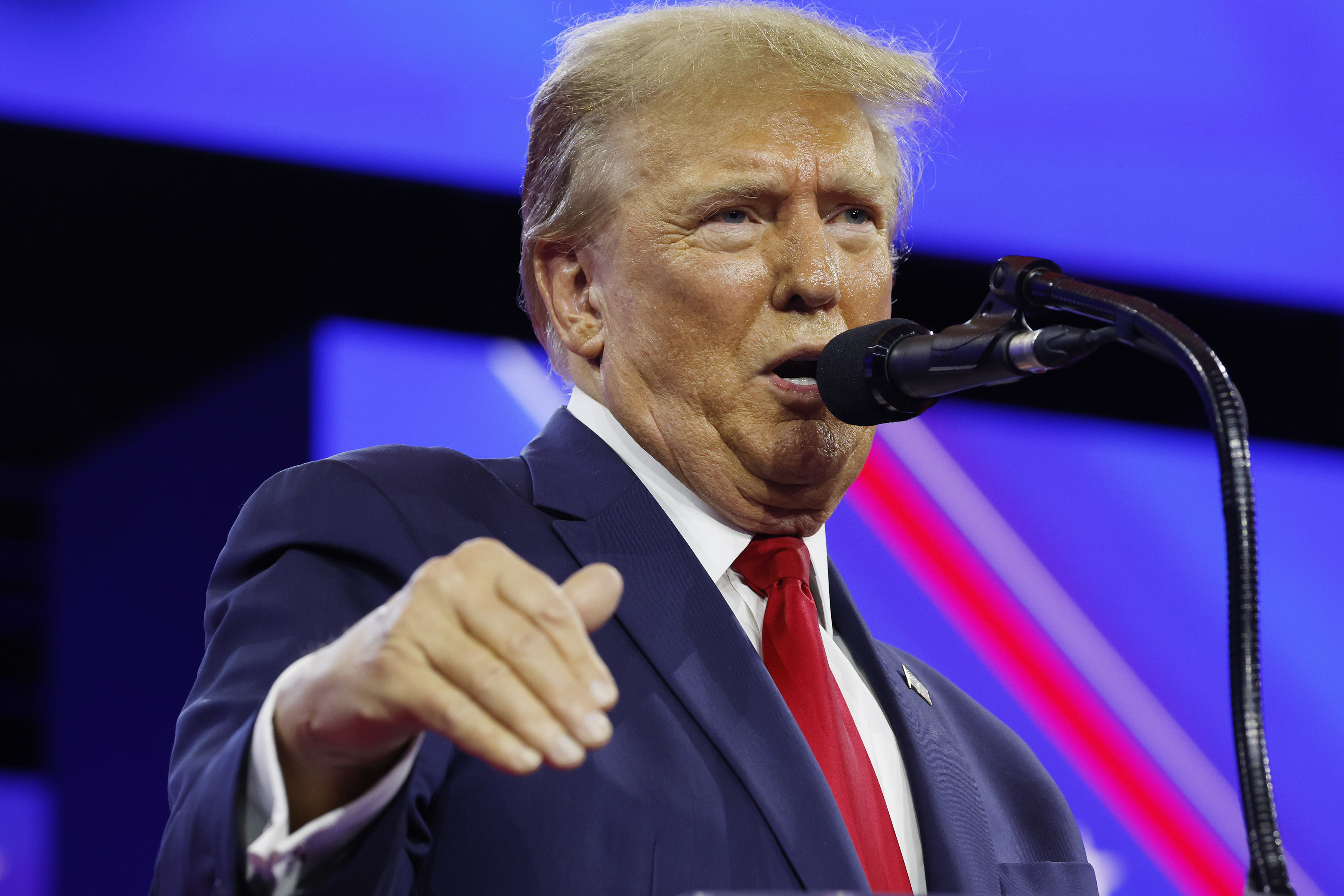Lottery Tax Planning for a Billion Dollar Drawing

Table of Contents
 Okay. This is silly. You’re probably not going to win. But just for fun, let’s talk about lottery tax planning for one of those giant Power Ball or Mega Millions lotteries. What should you do, tax-wise, if you win a billion dollars?
Okay. This is silly. You’re probably not going to win. But just for fun, let’s talk about lottery tax planning for one of those giant Power Ball or Mega Millions lotteries. What should you do, tax-wise, if you win a billion dollars?
Quite a lot, actually. But let me explain.
Share Your Winnings
A first thing you want to do. Maybe. If you plan to share your winnings with heirs, gift an interest in your lottery ticket before the drawing.
A one quarter interest in a $2 Power Ball or Mega Millions ticket is worth $.50. That minimal amount can be given away without any gift tax consequences. An individual can give away up to $17,000 to someone without triggering gift taxes.
But if you win a $1,000,000,000 lottery? And then you give away a big chunk? Like a quarter interest?
You’ll pay roughly 40 percent in gift taxes. Give three heirs $100,000,000 each, for example, and you’ll pay $40 million in gift taxes, roughly, on each of those three gifts.
Note: If you don’t give away the money, it ends up in your estate. And then your estate pays roughly 40 percent in federal estate taxes. In many states, another chunk goes to state estate taxes. Washington state for example levies a 20 percent state estate tax. (More information here: How Washington State Estate Taxes Work )
So anyway: That’s idea one. Share before you win.
Note: I have a standard agreement with my two kids. Every time I buy a lottery ticket, I gift each of them a one quarter share. Something I memorialize with a text message. And sure. It’s all just fun and games right now. But if I win? Yeah. Bingo.
Take the Lump Sum Payout
Here’s another lottery tax planning idea. And this is a bit controversial.
You have a choice to take your winnings as a lump sum or in thirty annual payments. The choice might be, for example, $500,000,000 up front. Or $1,000,000,000 paid out over three decades. (See here for a description of how the Mega Millions payout options work: https://www.megamillions.com/How-to-Play/Difference-Between-Cash-Value-and-Annuity.aspx )
I think you take the $500,000,000 if you live in a no or low income tax state. Or if you live in a state with income taxes but winning the lottery won’t cause you to move to a lower-tax state.
The reasoning behind this suggestion rests on two factors.
First factor? Today tax rates are still pretty low at a federal level. You’ll pay roughly 37 percent.
In 2026, however, the Trump tax cuts expire. And then the top tax rate jumps to 39.6%. A three-percent-ish bump doesn’t sound like a lot. But it adds tens of millions of dollars of taxes.
And then there’s a second reason to take a lump sum payout. Or at least seriously consider the lump-sum payout.
Stack Charitable Contributions in Year You Win
That reason? If you’re going to contribute any of the winnings to charity, you want to get that deduction onto a return when it’s fully deductible.
In 2023? A big charitable deduction works on your return. If you give away $50 million or $100 million? You deduct the $50 million or $100 million.
However, in 2026, tax law changes and essentially prevents or limits high income taxpayers from deducting charitable deductions.
The bottom line? You want to stack your charitable deductions in the year you win. And onto a tax return when you get a full deduction.
One other tip: You don’t want to overwhelm some small charity with a giant contribution. Further, you will want to do a thoughtful job of where and how and when you donate. That’s just good stewardship. Thus this companion idea: Probably you want to contribute your big charitable deduction to a charitable donor advised fund. (For example, Vanguard’s: Donor advised fund.) That gives you the deduction this year. And then you can, over time, smartly parcel out your gift to worthy recipients.
Note: Other tax accountants disagree with my suggestion to take the lump sum payout. And I”ll talk more about this in a minute.
Consider Post-Drawing Gifts
You can in 2023 give $17,000 in any given year to someone without paying gift tax.
If you’re married, your spouse can do the same.
Then over and above these limits, you can give away another $12,600,000 in gifts yourself over your lifetime. And then your spouse if you’re married can do the same.
Thus this idea: If you have other giving you want to do? Think about using the annual exclusion allowed (that $17,000 per person per year) to make gifts to friends and family.
And then think about using up the single $12,600,000 or the married $25,200,000 life-time exclusion.
Let’s say for example that you and your spouse have ten people—family members and friends—who you want to share your winnings with.
I think you give each of them 1/10th of your lifetime exclusion. So maybe that’s roughly $2.5 million a person.
What this maneuver saves? More estate and gift tax. And then one other thing. Maybe these gifts lessen the distance between you and your brother or dad. The distance created by you receiving a giant windfall, I mean. Just an idea.
Note that this option works when you take a lump sum payout. It probably doesn’t work or work well if you take the annuity.
Be Tax-efficient Investing Your Winnings
I have two final lottery tax planning ideas for you, too. Ideas connected to how you handle the remaining winnings in a tax-smart manner.
But let’s summarize the hypothetical situation. You won a $1,000,000,000 drawing but took the lump sum payment. So your billion-dollar ticket actually resulted in roughly a $500,000,000 payout.
You gifted interests in the ticket prior to the drawing to your kids. (That probably saves about $100,000,000 in federal estate taxes in the case where you win a “billion dollars” drawing.) And it means the $500,000,000 drops to $250,000,000.
On the $250,000,000, say you gave $25,000,000 to a charitable donor fund. That gift drops the balance in your bank account balance to $225,000,000. (But by making the deduction now you save roughly $9 million in federal income taxes. Stretch your giving out, however, and you’ll lose most of this.)
You will have paid maybe $90,000,000 in federal and state income taxes. That payment drops your bank account balance to roughly $135,000,000.
And so then, at that point, I think you invest the remaining funds using the recipe Warren Buffett has reportedly set up for his wife upon his passing. That recipe puts 90 percent of the investment into a US stock index fund and 10 percent into US Treasury bonds.
You and I should do something similar with a $100 million or $135 million portfolio.
The big tax reason for this suggestion? The income generated by such a portfolio would mostly be either untaxed or taxed at low rates. Appreciation in the stocks, for example, wouldn’t be taxed until you sell. And you might never sell.
Further, dividends and capital gains would probably be taxed at a federal rate of roughly 24 percent. (The sum of the top capital gains and qualified dividends tax rate, 20 percent, plus the net investment income tax rate, 3.8 percent.)
Consider Moving to Another State
Let me also throw out another lottery tax planning idea which is maybe a little less workable. But something to consider. You may want to move to a low or no-income-tax sate.
On a passive portfolio of $135,000,000 with a Warren Buffet allocation, your annual income might run roughly $3,000,000. (That’d be roughly $500,000 of interest and roughly $2.500,000 of dividends and long-term capital gains.) A Buffet style allocation would result in a federal tax burden of roughly $800,000. Or about 25 percent.
A handful of states don’t tax or mostly don’t tax investment income, however. Probably you living in one of those (Alaska, Florida, Nevada, South Dakota, Texas, Washington, and Wyoming) will save you several hundred thousand dollars a year.
By the way, if you think you’ll move? The lump sum option possibly doesn’t make as much sense. This article explains why: Smart Tax Strategies for Lottery Winners. But to summarize, the article authors point out that the implicit return someone earns by “investing” the lump sum payout into the annuity represents a decent return. (About 3.7% after taxes, I calculate.) An annuity maybe limits a winner’s ability to spend all the money quickly and foolishly. Finally, and I think this is really key, an annuity may provide for the opportunity to do something like move to another state. (This would make a big difference potentially.)
I agree with those points for small-ish lottery winners. For gigantic winners, my opinion, looking at the lump sum payout option makes sense.
Final Remarks Concerning Lottery Tax Planning
A couple of quick remarks in closing. First, the highest impact idea in the preceding paragraphs? A pre-drawing gift. That’s the lottery tax planning gambit you really want to consider. And that gambit illustrates a key tax planning reality: Up front planning often makes the biggest impact.
A second point: It probably makes sense to get a good tax accountant involved in your decision making once you win. The federal and state income and estate taxes get really big.







